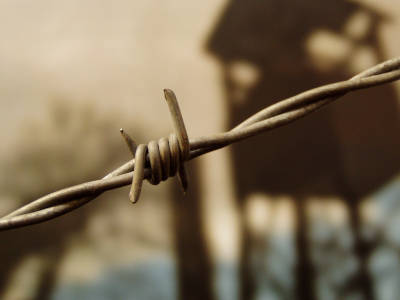Testimony of Uighurs who experienced intense torture and brainwashing in Chinese internment camps

In China, strict crackdowns and surveillance are being carried out on ethnic minorities such as the Uighurs living in the
I am an Uighur who faced China's concentration camps. This is my story. | Varsity
https://www.varsity.co.uk/interviews/19990
shahit.biz/eng/viewentry.php?entryno=3623
https://shahit.biz/eng/viewentry.php?entryno=3623
China's mass indoctrination camps evoke Cultural Revolution
https://apnews.com/article/6e151296fb194f85ba69a8babd972e4b
In China, Uighurs are being monitored using malware and large-scale surveillance systems , and there are also facilities that detain Muslims, mainly Uighurs, and these facilities have expanded rapidly in recent years. It is reported that it is.
Pointed out that Uighur detention facilities in China continue to expand rapidly-GIGAZINE
Ӧmir Bekali, who was interviewed by Varsity this time, is also one of the Uighurs who has been imprisoned in a Chinese internment camp. Born in Turfan, Xinjiang Uygur Autonomous Region, Bekali moved to Kazakhstan in 2008. Since then, he has been active as a businessman who frequently travels between Kazakhstan and China, making use of his knowledge of tourism .
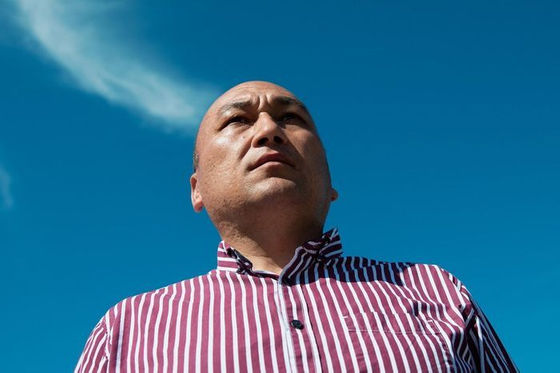
The incident began in March 2017 when Bekali, then 41, was on a business trip from Kazakhstan to
'They tied my hands and covered my eyes with a black cloth. When I remember that moment, my body still trembles,' Bekali recalls.
Bekali, who was taken to the Yalenbrak district police station in Karamay, Uygur Autonomous Region, was severely tortured there for four days before being placed in the internment camp.
The content of the torture was disastrous, such as sticking a needle between the nail and finger and inserting an iron rod into the genitals. In addition, he said that his hands and feet were restrained by an iron chair called 'Tiger Chair', and his hands were tied up only with his wrists so that his feet would not touch the floor, and then his hands were smashed with a hammer. Bekali's hands still have scars from that time.
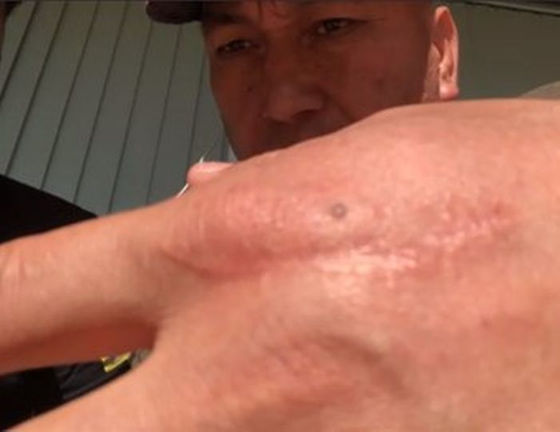
The torture was carried out by Chinese authorities who suspected Bakali for terrorism in order to elicit a 'confession,' but Bekali did not. Bekali was then transferred to a prison called 'Karamai Prison,' where he was detained for seven months from April to November. During the last seven months, torture, such as detaining him in the iron chair mentioned above, continued.
Bekali was finally allowed to leave the concentration camp on November 4, but was not released and was now placed in a camp that Chinese authorities call a 're-education camp.' The re-education camp was surrounded by a 4-meter-high wall and an electric fence, and guards were patrolling day and night.
A typical day in a re-education camp begins with being woken up at 5 am and given a little bread and soup. Then, Bekali et al inmates, praise incessantly Chinese Communist Party until noon, to emphasize the greatness of China,
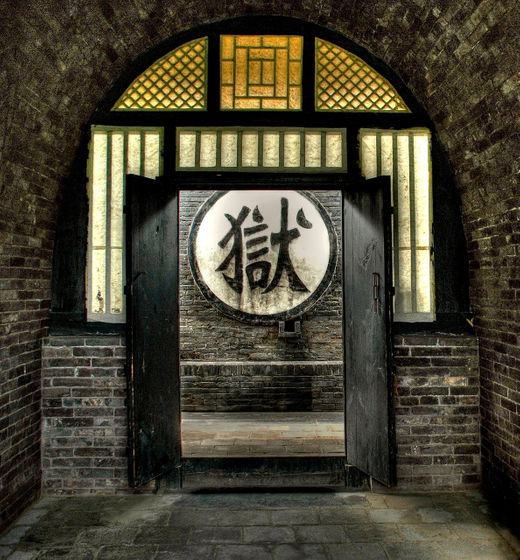
In the re-education camp, military-style rules were laid down, and those who failed to follow the rules were considered dissident and were severely tortured. Bekali also experienced torture, including being beaten to half-death and half-life, and standing against a wall for 24 hours. Mr. Bekali was cornered enough to think about committing suicide once, but it seems that everything in the cell was unified to plastic so that he could not even commit suicide.
Twenty days after detention, Bekali was released from the re-education camp at the behest of the Kazakh government. For about eight months after being first detained, Bekali's wife has been petitioning the Kazakh government and working with the local media to help release Bekali.
In the photo below, Mr. Bekali is on the left the day before his arrest, and Mr. Bekali is on the right 10 days after his release. The facial features remain the same, but you can see that the cheeks that were plump are smoldering.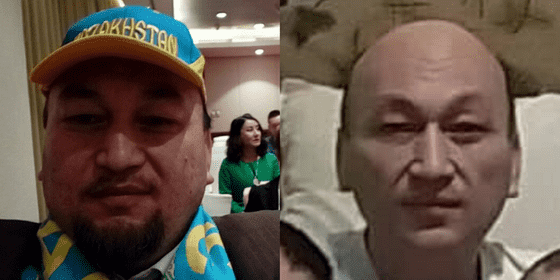
'Their ultimate goal is to exterminate all Uighurs,' Bekali said of China's crackdown on Uighurs, saying his wife and children were in exile in Turkey and in the Netherlands at the time of writing. I will.
Asked for a message to the international community, Bekali said, 'China's massacre of Uighurs is not just a matter of religion, but a test for humankind all over the world. We hope that the international community will take more drastic action. I hope. '
Related Posts:
in Note, Posted by log1l_ks





